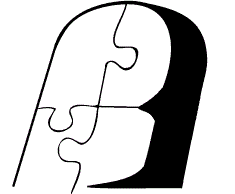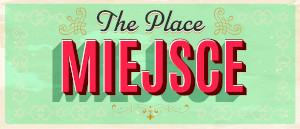People
Pogrom in Tykocin
"Many Jews from Tykocin spent their summer Saturdays relaxing in my father's forest - back then we used to live near Tatary. Earlier, they bought cream, milk, butter, cheese from my mother - Edmund Płoński recalls. - I remember one Jewish woman, her name was Sara, her husband was a barber in town; they had a 7-year-old son. The husband used to come by on his bike, and she and their son walked there. I always waited for them because then I could ride his bike. They were very nice and sincere. On June 19, 1942, the German authorities ordered all the Jews from Tykocin to go to the train station with their baggage. Six of them did not go, among them Sara and her son: they hid in the attic of their house. They stayed there until the evening, when they left their hiding place and went along the road to Jeżewo. They slept at the windmill by the road. In the morning, Sara and her son went back to Tykocin. There, she found out that all Jews were led down the road to Łopuchowo. She went there. One of the people there, Mr. Sokolski, told her that all the Jews form Tykocin were shot in the nearby forest and put in three previously dug pits. After, the pits were covered with lime, and a few of the farmers were ordered to fill them up. Next day, Sara and her son came to Tatary village, where she spent a few days hiding at Michał Woroszył's house, with whom she probably left some valuables earlier. She continued her journey towards the causeway leading to Tykocin. She was spotted by soldiers on a wagon coming from the opposite direction. They led her and her son out of the village, and shot them by the roadside. They informed the local village administrator and ordered them to be buried."
According to Mr Edmund, when Jews from Tykocin were being led to their place of death, one of them (who was probably a tailor named Daniłko) was given an accordion by a German soldier and was told to play, and the rest was ordered to sing "Przez nas wojna, przez nas głód, przez nas cierpi niemiecki naród." (We caused the war, we caused the hunger, we caused the German nation to suffer). The post-war gamekeeper of the Tykocin Forest District, Stanisław Duchnowski, also took part in the filling of the death pits.
PS. Text previously published in August 2003.









 uzupełnij jewishbialystok@gmail.com
uzupełnij jewishbialystok@gmail.com 



